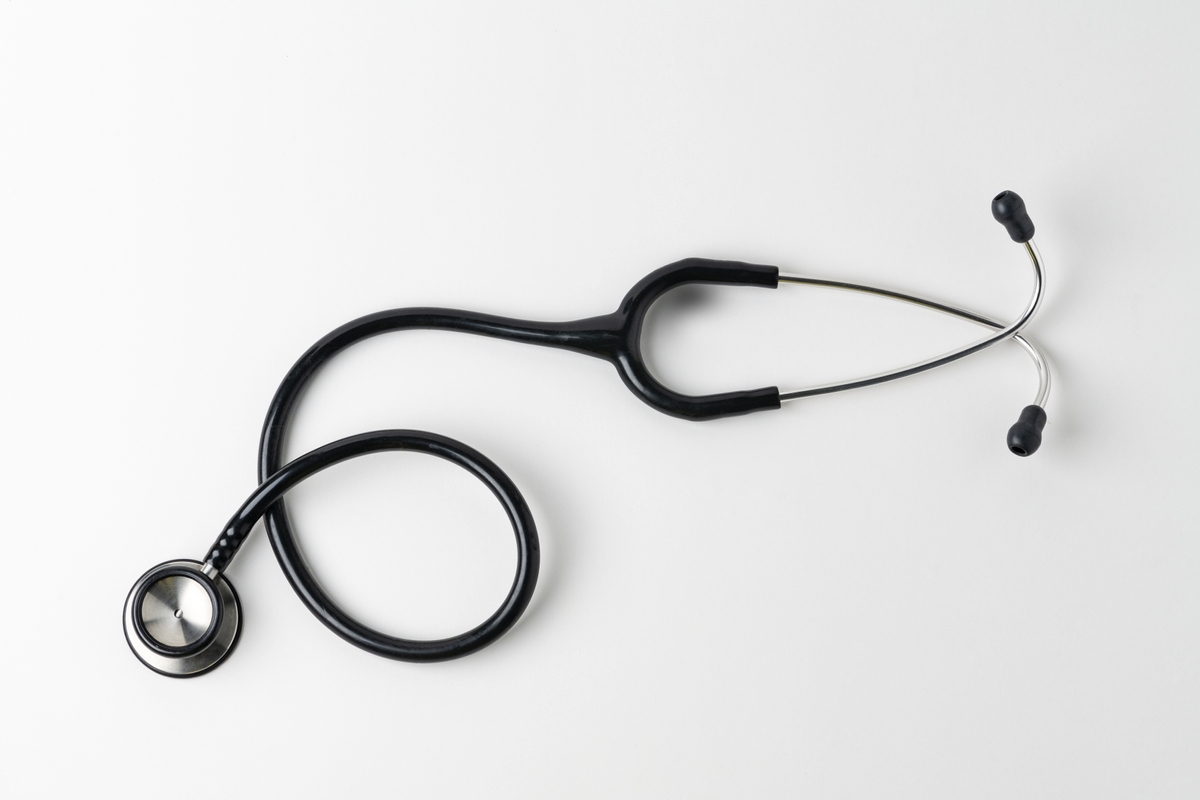When Physicians Face Charges in NY Criminal Courts
In New York, when a person becomes a physician, they get a license through the Department of State. There are many collateral consequences of an arrest or conviction, and for physicians their licenses can be impacted. An arrest or conviction can negatively affect a doctor’s career and practice and have negative repercussions on the communities they serve.
How Complaints Are Made Against Physicians
For any physician, physician assistant, or specialist assistant, a complaint can be filed with the New York State Health Department’s Office of Professional Medical Conduct (OPMC) and the state Board for Professional Medical Conduct (Board). The Board and the OPMC are responsible for investigating and adjudicating complaints.
Notably, when a doctor gets arrested and fingerprinted by a law enforcement agency, the Board and OPMC will be notified. This means that the OPMC can investigate the matter even if the arrest has no bearing on the doctor’s ability to practice medicine in an appropriate, competent, and ethical manner.
Doctors suspected of having problems with alcohol, drugs, or mental illness may be reported to the Committee on Physicians’ Health of the Medical Society (Committee). Assuming that the issue does not impair the doctor’s ability to practice, the Committee will help the doctor get treatment and will monitor their progress.
Who Files Complaints?
According to the Board, more than half of all complaints come from the public. Otherwise, all licensed health professionals and institutions are required by state law to report colleagues whom they suspect may be guilty of misconduct.
Each year, the OPMC investigates thousands of complaints. After investigating these complaints, the Board disciplines hundreds of physicians every year. However, complaints will not proceed to an investigation in certain circumstances. For example, complaints about fees and billing, miscommunication, attitude, or wait times will not constitute misconduct.
Penalties for Misconduct by Physicians
Regarding penalties, the OPMC will determine what, if anything, is appropriate. After its investigation, the OPMC may dismiss the matter and impose no discipline. If the incident is deemed minor in nature, there may be a warning, censure, or reprimand.
However, if the incident constitutes substantial wrongdoing, the OPMC may place the physician on probation, impose fines, require continuing medical education courses, or require community service. In the most serious of cases, a doctor’s medical license can be limited, suspended, or revoked. Any criminal conviction is an act of professional misconduct and subject to discipline, even when the incident has nothing to do with physician’s medical practice.
The OPMC has a website for the public to find information on all final disciplinary actions. As such, any penalty may impact a physician’s reputation in the community.
References:
- NYS Department of Health, Understanding New York’s Medical Conduct Program – Physician Discipline. Available at: https://www.health.ny.gov/publications/1445/ (last accessed June 27, 2023).
- NY Education Law Article 131-a, Definitions of Professional Misconduct Applicable to Physicians, Physician’s Assistants and Specialist’s Assistants. Available at: https://www.op.nysed.gov/professions/physicians/laws-rules-regulations/article-131a (last accessed June 27, 2023).
- NY Public Health Law § 230-a, Penalties for professional misconduct. Available at: https://www.nysenate.gov/legislation/laws/PBH/230-A (last accessed June 27, 2023).
Image: Royalty Free Photo by rawpixel.com

